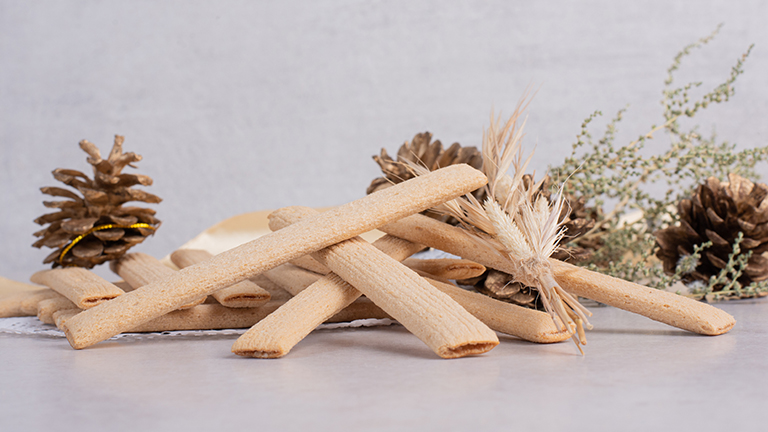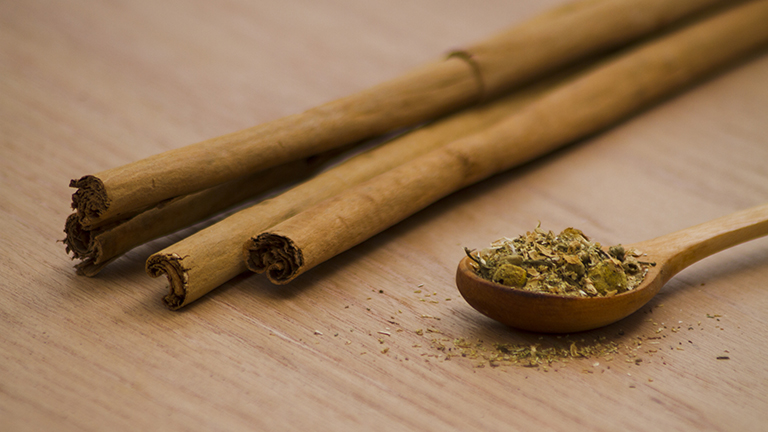Ashwagandha, an adaptogenic herb, has been used for thousands of years in traditional medicine to relieve stress and improve well-being. The herb reduces cortisol levels and induces an overall sense of calmness and relaxation. Ashwagandha can also promote mental clarity, improve sleep, and support emotional balance. This resource discusses how Ashwagandha can be used to combat stress, including dosage, forms and methods, expert opinion, side effects, and advice for incorporating Ashwagandha into your daily routine so you use it as naturally, safely, and effectively to manage stress.
What Is Ashwagandha?
Ashwagandha is the word for Withania somnifera, an adaptogenic herb used for centuries in Ayurvedic medicine. Adaptogens regulate stress and influence cortisol levels to provide balance in the body. The herb is also known as Indian ginseng or winter cherry.
How Ashwagandha Helps Reduce Stress
The primary mechanism by which Ashwagandha works is through regulating the body’s stress hormone, cortisol. When levels of cortisol are high, we tend to experience symptoms such as anxiety, fatigue, insomnia, and other stress-related symptoms. Clinical research has shown that daily administration of Ashwagandha helps lower cortisol, enhances mental clarity, promotes relaxation, and improves mood.
- Reduces cortisol levels by itself.
- Improves quality and duration of sleep.
- Improves mental clarity and focus.
- Supports overall feelings of well-being.
- Can reduce mild symptoms of anxiety and depression.
Recommended Dosages for Stress Relief
The proper dosage of Ashwagandha is determined by the type of extract and personal health requirements:
- Powder from the root: 3–6 grams/day, and spread into two dosages.
- Standardized extract (5% withanolides): 300–500 mg/day.
- Capsules: Original recommendations from the manufacturer, but usually consist of 250–600 mg.
As a rule of practice, it’s advised to begin on the lower end and work your way up depending on consultation with a health provider.
Best Time to Take Ashwagandha
The time of day may affect Ashwagandha:
- Morning: Good for managing daily stress and energy levels.
- Night: Good for better sleep and relaxation.
- With Food: Helps with absorption and reduces stomach upset.
Different Forms of Ashwagandha Supplements
Ashwagandha comes in a variety of forms. Which one is better depends on what is most convenient, the absorption of each form, and your preferences.
- Powder: The original form of Ashwagandha used for centuries. Can mix into milk or smoothies.
- Capsules/Tablets: Solid form. Best for convenience and a standardized form of dosage.
- Liquids: Good for rapid absorption. Good for people that dislike swallowing pills.
- Tea: More mild but can provide moderate stress relief. Not as strong or potent as liquid tinctures.
Combining Ashwagandha with Other Supplements
You can take Ashwagandha along with other stress-relieving supplements such as:
- L-Theanine – Promotes relaxation without drowsiness.
- Magnesium – Helps relax muscles and promote sleep.
- Rhodiola Rosea – Enhances mental endurance and stress tolerance.
You should speak to a healthcare provider before combining supplements in order to avoid issues with interactions.
Potential Side Effects and Precautions
In most adults, Ashwagandha is relatively safe, but possible mild side effects may include:
- An upset stomach or nausea
- Drowsiness or sedation
- Diarrhea if sensitive
- Quality of Sleep
- Possible interactions with thyroid medication, blood pressure medication, or sedatives
Preferably avoid Ashwagandha for pregnant and breastfeeding women unless otherwise directed by your doctor.
Choosing High-Quality Ashwagandha Products
When choosing a supplement, check for these factors:
- Standardized to 5% withanolides to ensure potency is consistent.
- 3rd party lab tested for purity and safety.
- Preferably organic.
- A reputable company with good reviews.
Integrating Ashwagandha into Your Daily Routine
To effectively manage stress, rely on consistency. A few tips for daily application: Add Ashwagandha to smoothies in the morning or tea before bed. Do this alongside relaxation practices such as meditation or yoga. Also, for maximum effectiveness, try to eat a balanced diet and sleep at consistent times. Keep track of your symptoms, and monitor your stress, to assess the effectiveness of the Ashwagandha.
Expert Opinion
According to Dr. Anjali Kumar, an integrative medicine specialist: “Ashwagandha is one of the most widely researched adaptogens for stress-relief. When dosed properly and utilized in a standardized manner, it can help with reducing stress, improving sleep, and enhancing mood. It should be viewed as an adjunct to lifestyle modifications, not as a replacement.”
FAQ
Q1: How quickly does Ashwagandha work to help with stress?
Most users experience results within 4-8 weeks of consistent use.
Q2: Will Ashwagandha make me drowsy during the day?
It could make you mildly drowsy, especially when taking a higher dosage or at night.
Q3: Is Ashwagandha safe to take long-term?
Yes, dosages of up to 1,000 mg in a day were used in studies of months duration with many adults. Regular monitoring is recommended.
Q4: Can my child take Ashwagandha for stress?
It is recommended to check with the child’s pediatrician about using Ashwagandha, as their is very limited data on safety.
Q5: Does Ashwagandha interact with other drugs?
Ashwagandha may interact with medications used in treatment of thyroid issues, blood pressure medication, sedative medications, and in people taking immunosuppressant medications. It is always recommended to check with a doctor before using it.


